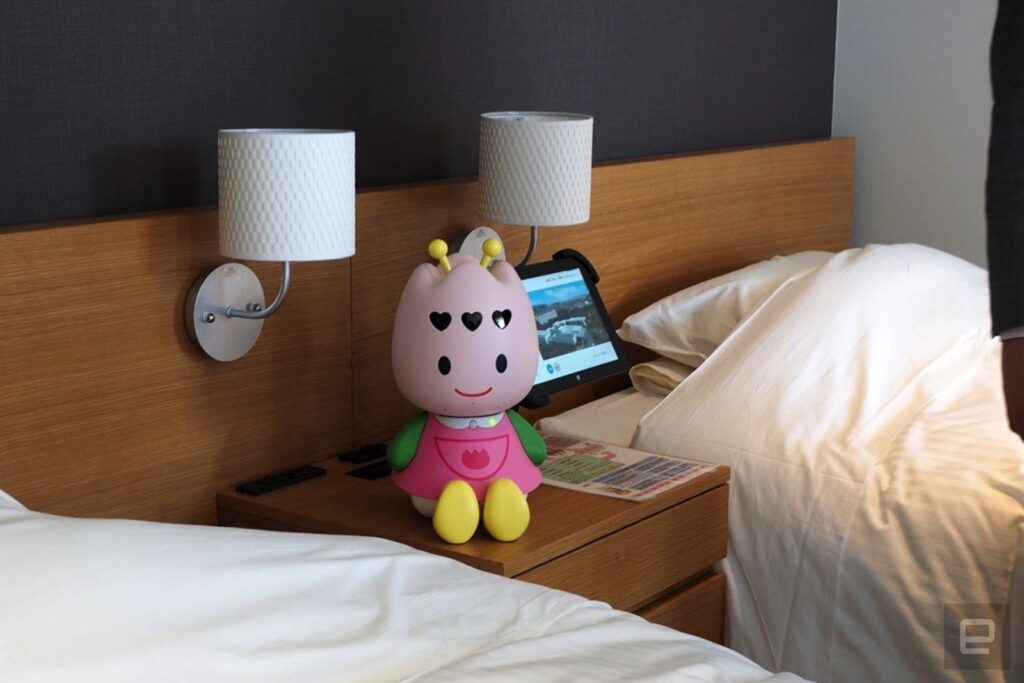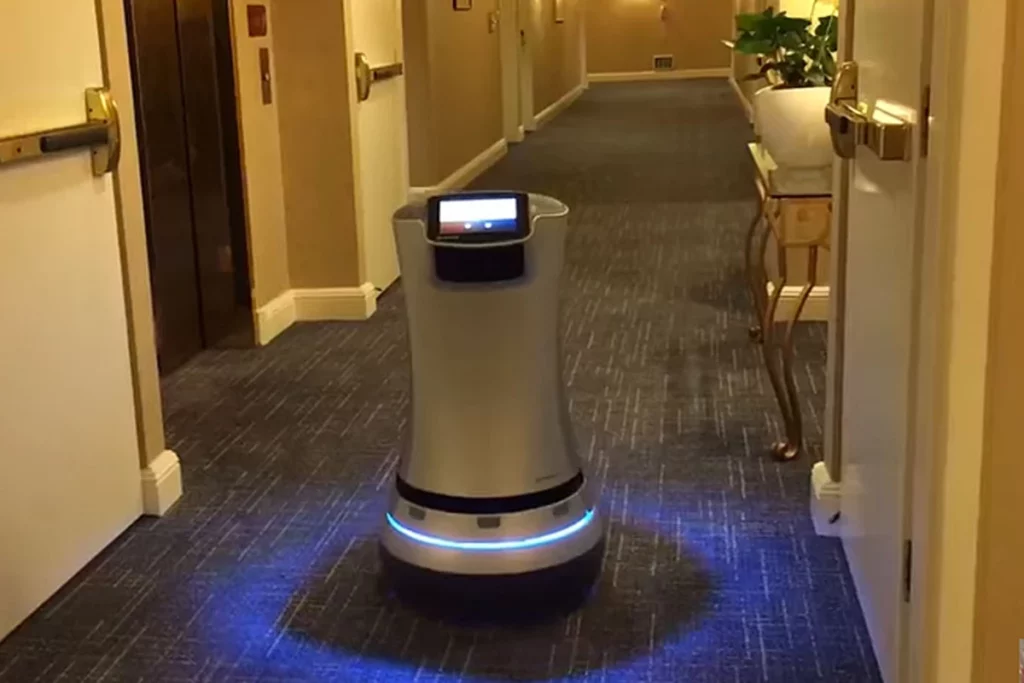The hospitality industry is undergoing a transformative shift, marked by the emergence of digitized and staffless hotels. This evolution raises critical questions about the future of guest experiences and the essence of hospitality itself. Having just returned from an enlightening trip to Prague, where I stayed at Numa, I found myself reflecting deeply on this dilemma. My experience there provided a unique lens through which to explore the implications of these trends for the industry.

During my stay at Numa, I was struck by the absence of traditional human interaction. From the moment we arrived, the entire process was streamlined and contactless, creating a seamless and efficient experience. Before our arrival, we completed an online check-in process that provided us with a unique PIN code, granting us access to both the hotel entrance and our room. This innovative approach eliminated the need for a traditional front desk, allowing us to bypass the usual waiting times and check-in formalities.
The contactless services available at Numa further enhanced our experience. Every service we required was accessible via our smartphones. Whether it was ordering food or requesting additional amenities, everything was just a few taps away. Meals were delivered right to our doorstep without any human interaction, managed through a bot and a dedicated 24/7 call center. This level of convenience was impressive, yet it also prompted me to consider the implications of such a model for the future of hospitality.
Checking out of the hotel was equally effortless. A simple scan of a QR code notified the hotel of our departure and provided instant confirmation. There were no queues, no waiting—just pure efficiency. While this model offers undeniable advantages in terms of convenience and speed, it raises questions about the human element that has traditionally defined hospitality.
The digital transformation of the hotel industry has opened up numerous opportunities. Hoteliers can now track, collect, and analyze guest data to customize experiences in ways previously unimaginable. For instance, they can engage customers through social media platforms, enhancing communication and fostering a sense of connection. However, these advancements come with challenges. As demographics shift and globalization expands, guests have access to vast amounts of information via their smartphones, leading to increased commoditization and fierce competition within the industry.
Hilton Worldwide serves as a prime example of how digital technology can be harnessed to enhance guest experiences. With over 4,700 properties globally, Hilton has leveraged guest feedback data from surveys and social media to adapt its operating model to meet evolving consumer preferences. A significant finding from their research revealed that over 80% of business travelers desired the ability to select their rooms during booking. In response, Hilton invested over $500 million in technology to roll out mobile services, including a comprehensive digital check-in process.
This digital check-in system allows guests to choose their rooms using internet-connected devices, facilitating a more personalized experience. After selecting a room, guests can further customize their stay by requesting specific amenities to be delivered before their arrival. Additionally, Hilton has embraced mobile room keys, enabling guests to unlock their doors with their smartphones, thus allowing direct access to their accommodations upon arrival. The streamlined check-out process further enhances convenience, as guests can skip the front desk and receive their bills via email.
The Ultimate Guide for the Top 10 Hotel Kiosk Alternatives: Detailed Insights on Functionality, Pricing, and Competitive Advantages
Despite these advancements, Hilton and other traditional hotels face significant challenges in adapting to a rapidly changing landscape. The rise of sharing economy platforms like Airbnb has disrupted the lodging industry, particularly among millennials, who increasingly seek unique and affordable experiences. This demographic shift has forced legacy hotels to rethink their business models and consider the potential of staffless hotels.
The concept of staffless hotels has gained traction in recent years, with establishments like Germany’s Cocoon Hotels leading the charge. Their Hotel Buddy, a 75-room cloud-based facility, achieved a remarkable 90% occupancy rate by eliminating traditional staff interactions. Guests enjoy complete control over their stay, from booking to check-in via tablets. This model resonates with millennials, who value personalization, fast service, and affordability.
The advantages of the staffless model are clear. By reducing labor costs, hotels can operate more profitably while providing guests with greater control over their experiences. However, this approach is not without its challenges. Safety concerns arise from the heavy reliance on technology, both in terms of physical security and cybersecurity threats. Moreover, the potential displacement of employees raises ethical questions about the future of work in the hospitality sector.

As we look ahead, the impact of staffless hotels on traditional hospitality could be profound, akin to the anticipated effects of driverless cars on the automotive industry. The question remains: can companies like Hilton effectively implement these changes while maintaining the essence of guest service? The balance between technological advancements and the human touch that has long defined hospitality will be crucial in navigating this new landscape.
In conclusion, the debate between digitized hotels and staffless hotels encapsulates the evolving nature of the hospitality industry. While the convenience and efficiency offered by these innovations are undeniable, they also challenge the traditional notions of hospitality that prioritize human interaction and personalized service. As the industry continues to evolve, it will be fascinating to witness how these dilemmas unfold and shape the future of guest experiences in a rapidly changing world.


